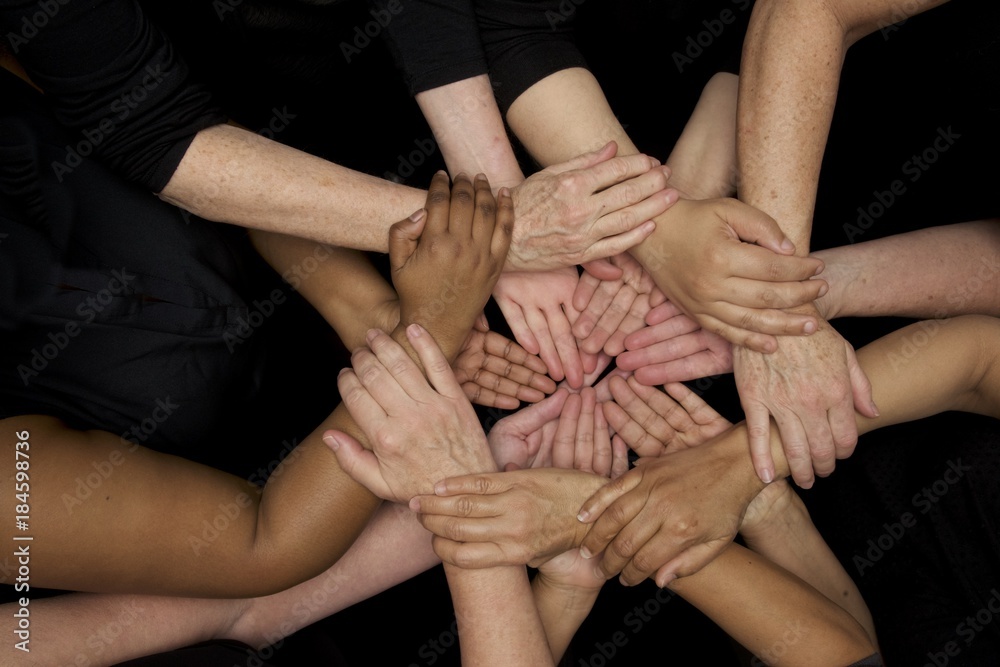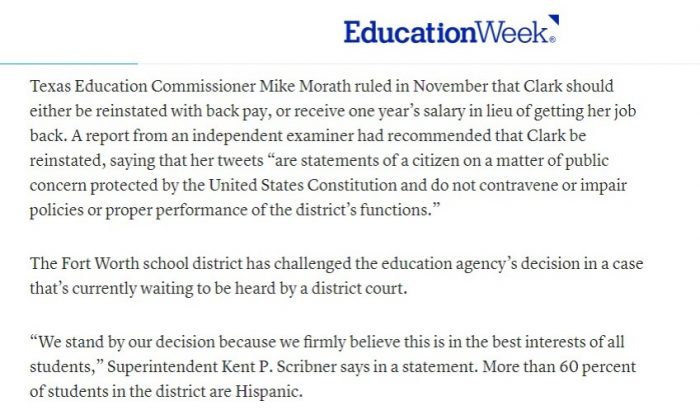Educators have a responsibility to use technology and social media to promote social justice.
Kudos to Kari, Jessica, and Jenny on the agree side and Dalton, and Brooke on the disagree side of the debate made it so difficult for me to pick a side as both parties argued their points so beautifully. 
When I saw this topic, I had a stance to be on the agree side with the thought that teachers are respectable members of society, our voices need to be heard, and our voices can make a change. Then as usual I looked at myself, although I hold strong opinions about specific positions, I worry about putting them out there. How do I debate controversial issues where people can come at me for having such a stand? How do I convince people with varying standpoints, whose biases are based on their upbringing, exposure, and experience as mine is based on those too?
Then I decided that, NO, it is not the teacher’s responsibility to use technology and social media to promote social justice!
I especially dislike the word “responsibility” in this topic because of the extra weight it puts on teachers. Teachers can choose to advocate for social reforms or not, it has nothing to do with being in the profession. It is good enough that teachers teach their students as they should, and model a good moral standpoint but now adding publicly fighting for social justice should be at their discretion. Will the school back teachers up no matter the standpoint they take or does it have to be aligned with the position of the school? If it has to be based on the school’s standpoint, then it is not genuine and if it is not genuine, it cannot be effective.  raising a voice online
raising a voice online  standing aloof in real life.
standing aloof in real life.
I thoroughly enjoyed reading the article “Genuine Social Media Activism: A guide for Going Beyond the Hashtag”. Genuine social media activism is supported by concrete actions, donations, and measurable commitments to change. Some hashtags are made to gain traction, for appearance, and not necessarily to share what one believes in. What is the point of that? Sharing a standpoint in a quest for change requires much more than just posting for online validation. 
Making the use of technology and social media to promote social justice the responsibilities of teachers may also have a grievous effect. For example, in the case of Frank in the article “Teachers, Politics and Social Media: A Volatile Mix”. Frank got fired for tweeting certain opinions to the then president of the United States.

Although there was a bit of back and forth for his reinstatement, I would rather not be in such a position at all. We may argue that he was on the other side of the argument, but so will some of the views we hold. What if I don’t agree that “Black Lives Matter” (Of course black lives matter). If I am on the other side of what is being fought for? Will I still be required to use my voice using technology and social media platforms?
It is the responsibility of a teacher to teach, nurture her students, care for and love them genuinely, and be a good role model to them because students tend to do what they say more than what they are told to do. Teachers should not be saddled with the responsibility of using technology and/or social media to promote social justice.
Dami’s View 
3 thoughts on “Educators have a responsibility to use technology and social media to promote social justice.”
Great Points Dami! I like your point about responsibility….how would that be measured? If teachers had to use social media to promote social activism for many it would not be genuine.
Also a bit random but I liked the use of a background color on your blog! It really made your writing stand out.
Dami, you make an excellent point about the impossible task of convincing others of a standpoint who are brought up with entirely different values and perspectives. Today, more than ten years ago, I am very conscious about what I’m saying to my students as I don’t want to appear biased or offend anybody with my words. We are at a crucial time where so much is going on in our world, from wars to celebrity trials to movements, all of which can bring out critical conversations. However, the differences in viewpoints and opinions are so substantial that it is challenging to navigate these conversations. I think it’s more important that we teach children digital citizenship and that the power technology can have for them if they want to take a stand and make a difference regarding a social justice issue as opposed to it being the teacher’s job to choose the social justice issue for them to advocate for. I hope that future generations can see that technology can be used for so much good rather than solely focusing on funny memes, vines, and Tik Tok trends.
I too really like your comment about responsibility. With biased questions such as this (obviously for the sake of a great debate), how do we gauge what responsibility looks like, sounds like or how is it measured? I think teachers should be teaching social justice issues in the classroom and the curriculums back that up, but when we say how and what medium to use, are we being authentic anymore? Or are we yet again putting unrealistic expectations upon educators and looking past comfort zones, perspectives, and more?